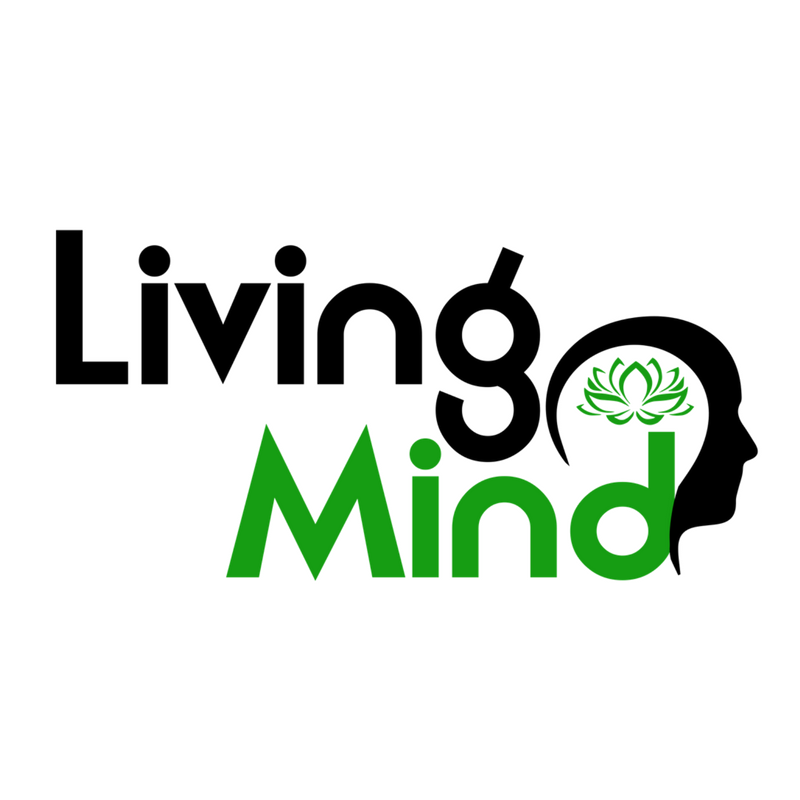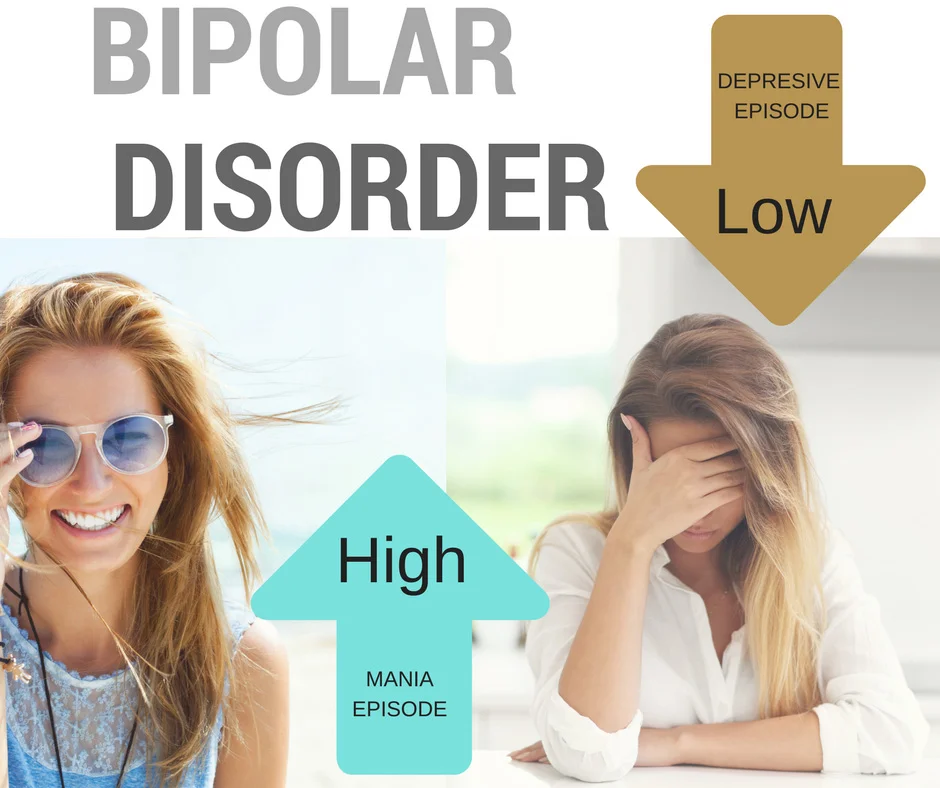What is Bipolar Disorder and how it affects the daily life of an individual.
/Bipolar Mood Swings
One in every 100 adults will be diagnosed with Bipolar Disorder at some point in their life.
Bipolar disorder can occur at any age, although it more common in younger age-groups. 3.4% of 16–24 year olds.
Bipolar Disorder, also known as Manic Depressive Illness, is a condition that affects a person’s mood, energy and activity level, which can swing from one extreme to another and varies widely among people. Some people may only have a couple of bipolar episodes in their lifetime and are stable in between depressive, manic or hypomanic episodes, while others suffer from a number of these episodes during their life.
People with bipolar disorder experience periods of depression and mania: Depressive period associated with very low and lethargic feelings while during mania period very high and overactive.
Symptoms of bipolar disorder depend on the period/episode the person experiences.
Depression
A person can be diagnosed with clinical depression before having a future manic episode (sometimes years later), after which you may be diagnosed with bipolar disorder.
During an episode of depression, the person may have overwhelming feelings of worthlessness, which can potentially lead to suicidal thoughts.
Mania
Sometimes it is hard to acknowledge for the patient that he or she is experiencing mania. It can feel very positive, as the person feels very creative and energetic, full of energy, ambitious plans and ideas. Losing interest in food and sleep, talking quickly and becoming annoyed easily are also common characteristics of this phase. People with this disorder may also experience symptoms of psychosis, where they see or hear things that aren't there or become convinced of the things that aren't true.
There are 4 types of Bipolar disorder.
Bipolar I Disorder is characterised by unrated manic period which generally lasts for about 3 to 6 months and can be accompanied by depression which can last for about 6-12 months.
Bipolar II Disorder or hypomania is diagnosed when depressive episodes are more severe than manic ones.
When mood swings become more regular, i.e. 4 in 12 months period, it can indicate that a person suffers from the third type of BD called Rapid Cycling.
Cyclothymia is diagnosed when there are numerous periods of hypomanic and depressive symptoms which last for more than a year.
Other Unspecified Bipolar or Related Disorder is diagnosed when mood swings are not as severe as those in the above mentioned types, but there is a possibility that it can develop into full bipolar disorder.
What causes bipolar disorder?
Although the exact cause of bipolar disorder is unknown, it's believed that a number of things can trigger an episode. For example, extreme stress, life-changing events, as well as genetic and chemical factors.
Stressful life events. Some experts believe that a person may develop bipolar disorder if he or she experienced severe emotional distress or childhood trauma.
This could be because experiencing trauma and distress as a child can have a big effect on your ability to regulate your emotions.
Life changing period both positive and negative, such as: a relationship breakdown, money worries and poverty, traumatic loss are also believed to affect the quality of a person’s life.
Genetic inheritance. Researchers believe that environmental factors can also triggers symptoms of bipolar disorder. For most people, family members are an influential part of their environment as they grow up.
Brain chemistry research evidence suggests that bipolar symptoms can be treated with certain psychiatric medications, which are known to act on the neurotransmitters (messenger chemicals) in the brain. This suggests that bipolar disorder may be related to problems with the function of these neurotransmitters.
Treating Bipolar Disorder
When it comes to the treatment of Bipolar disorder at Living Mind we not only look into pharmacological intervention, but with equal importance we explore and advise on lifestyle choices, stress management and social activities.
We aim to personalise the treatment for every individual to control the effects of an episode and help someone with bipolar disorder live life as normally as possible. Our approach is based on combining orthodox and complementary treatments such as Mindfulness, Reflexology and Acupuncture.
There are several options for treating bipolar disorder that can make a difference. The following treatment options are available:
• medication, to treat the main symptoms of depression and mania when they occur;
• learning to recognise the triggers and signs of an episode of depression or mania;
• psychological treatment – such as talking therapy, which can help you deal with depression, and provides advice about how to improve your relationships;
• lifestyle advice – such as doing regular exercise, planning activities you enjoy that give you a sense of achievement, as well as advice on improving your diet and getting more sleep.
It is believed that the best way to control bipolar disorder is to use a combination of different treatment methods.
We offer help and advice for people with a long-term bipolar condition. This includes self-help and self-management advice, and learning to deal with the practical aspects of a long-term condition.


